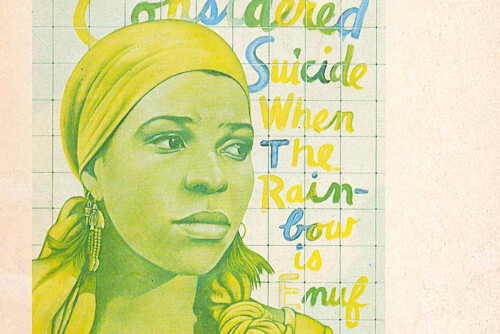Cyberfutures and gender equality
It seems to me that feminism is alive and well, evolving and changing in these cyber times. Women’s online voices and activities expand day by day across the world, as does their diversity. ICTs represent an expanded public sphere where women are agents as innovators, social and economic entrepreneurs, activists and campaigners, networkers and community builders, policy lobbyists and protestors. Feminists and women are thinking creatively and critically about the potential of the Internet and the problems it poses.
Such thinking is being undertaken and expressed across myriad contexts: informally in blogs, chatrooms, and email discussion lists, as well as more formally through NGO Web sites, projects, and policy documents, online and offline journals and other publications. Many areas of women’s lives have literally moved online in anticipated and unanticipated ways, and this volume and diversity is bound to grow. Sociospatial developments are contributing to transcendence of the traditional private/public divides that have historically worked to define women and their lives.
Feminist theory and women’s practice is playing major roles in helping to create the new virtual world, and I anticipate that they will continue to do so. Feminist analysis of gendered and broad socio-economic exclusions impacting on relationships to and use of technology have, furthermore, become of even greater significance now that the pervasive role of ICTs is growing day by day in societies around the world. Feminist sensitivities to the socially shaped, rather than neutral, nature of technology have much to contribute to the understanding of policy makers and other practitioners wishing to build an inclusive ICT environment. These sensitivities apply not just to women but also to all others suffering from disadvantages in literacy, education, technical know-how, entrepreneurial skills, available income, and time.
NGOs are playing a vital part in networking with women across North and South towards such inclusiveness. And they are involved not only in practical training programs, especially in the South, but also in making the vital links between gender analysis and policy processes through research and information dissemination and advocacy. The Association for Progressive Communication’s Women’s Networking Support Program is one example of such long-standing and wide-ranging work (see also, for example, Women in Global Science and Technology and ISIS International Manila). Such work demonstrates how women and feminist politics are making theory-practice connections in direct relation to ICT transformations.
One of the most powerful trajectories offered by feminist work in relation to virtual progress is the spotlight it maintains on the challenges of making this progress inclusive in a world where technological power and expertise is not only gendered, but highly uneven, notably between North and South but also within North and South. ICTs may be enabling previously unknown levels of connectivity, but this only highlights the exclusion of those without access to them or influence over how they are developed and used. We may be living in times of utopian virtual possibilities, but they are also times that threaten even deeper social and global divisions if the kinds of warnings about exclusion that feminist voices articulate are not heeded and acted on, not just for women, as I have made clear, but for all.




